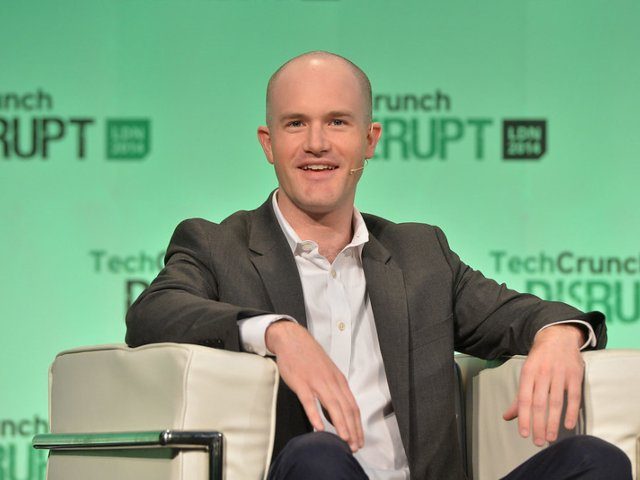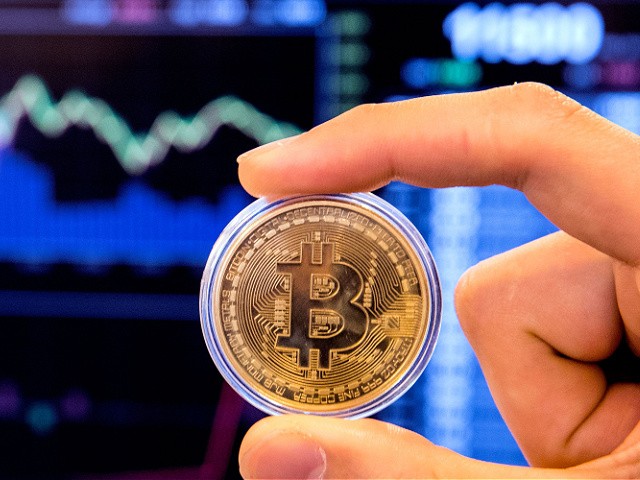Coinbase, one of the world’s top cryptocurrency exchanges, says it has blocked 25,000 cryptocurrency addresses linked to Russia, and released a statement saying it is “committed to complying with sanctions.”
This follows a report in Bloomberg that the Biden administration is planning an executive order to coordinate federal regulation of the cryptocurrency industry, with national security concerns reportedly a focus of the efforts.
The government of Canada also tangled with the cryptocurrency industry recently, after it attempted to shut down the cryptocurrency funds of Canadian citizens who participated in the Freedom Convoy.
Unlike decentralized exchanges and self-custodial wallets, centralized exchanges like Coinbases operate in a manner closer to traditional banks, and have the ability to freeze or shut down their customers’ accounts.
In a blog post on Coinbase’s website, the chief legal officer of the company, Paul Grewal, explained how Coinbase enforces international sanctions.
“To open a Coinbase account, individuals and entities must provide identifying information, including their name and country of residence. We screen this information via an independent vendor before permitting an individual to transact,” wrote Grewal.
“If a customer lives in a sanctioned country or region, or if they are identified as a sanctioned individual or entity, they cannot open an account on our platform. Similarly, we use geofencing controls to prevent access to the Coinbase website, as well as our products and services, by anyone using an IP address in a sanctioned geography (e.g., Crimea, North Korea, Syria, and Iran).”
Grewal also took the additional step of arguing that it was easier to launder money to sanctioned actors through fiat currency than through cryptocurrency, because transactions of digital assets like Bitcoin and Ethereum are “traceable, permanent, and public.”
“As a result, digital assets can actually enhance our ability to detect and deter evasion compared to the traditional financial system.”
Grewal also noted that the size of the global cryptocurrency market is too small to be of any use to a superpower like Russia.
“[T]he Russian government and other sanctioned actors would need virtually unobtainable amounts of digital assets to meaningfully counteract current sanctions,” wrote Grewal.
“The Russian central bank alone holds over $630 billion in largely immobilized reserve assets. That’s larger than the total market capitalization of all but one digital asset, and 5–10x the total daily traded volume of all digital assets. As a result, trying to obscure large transactions using open and transparent crypto technology would be far more difficult than other established methods (e.g., using fiat, art, gold, or other assets). This doesn’t mean that bad actors can’t try, but circumventing restrictions on this scale would require massive purchases that would be prohibitively expensive and detectable, as this buying activity would likely lead to price spikes.”
Coinbase’s messaging differs from that of Binance, the world’s largest centralized cryptocurrency exchange. While Binance, like Coinbase, agreed to comply with sanctions against individuals specified by the international community, its messaging emphasized that it would not blacklist ordinary Russian citizens.
“Crypto is meant to provide greater financial freedom for people across the globe. To unilaterally decide to ban people’s access to their crypto would fly in the face of the reason why crypto exists,” said a Binance spokesperson last week.
The moves by centralized exchanges to blacklist addresses illustrates the differences between self-custodial and non-custodial cryptocurrency wallets.
Self-custodial wallets like those created by Bitcoin wallet service Nunchuk.io are more secure for users, because there is no central control over the digital wallets, which belong solely to their users.
Sen. Ted Cruz (R-TX) recently praised Bitcoin for its ability to operate beyond the control and sanctions of governments, and praised Nunchuk in particular for ridiculing the Canadian government’s demands to freeze cryptocurrency holdings belonging to the Freedom Convoy truckers’ protest and its supporters.
Allum Bokhari is the senior technology correspondent at Breitbart News. He is the author of #DELETED: Big Tech’s Battle to Erase the Trump Movement and Steal The Election.



COMMENTS
Please let us know if you're having issues with commenting.